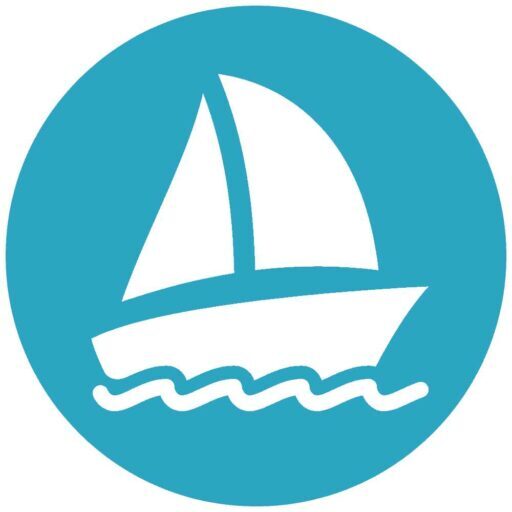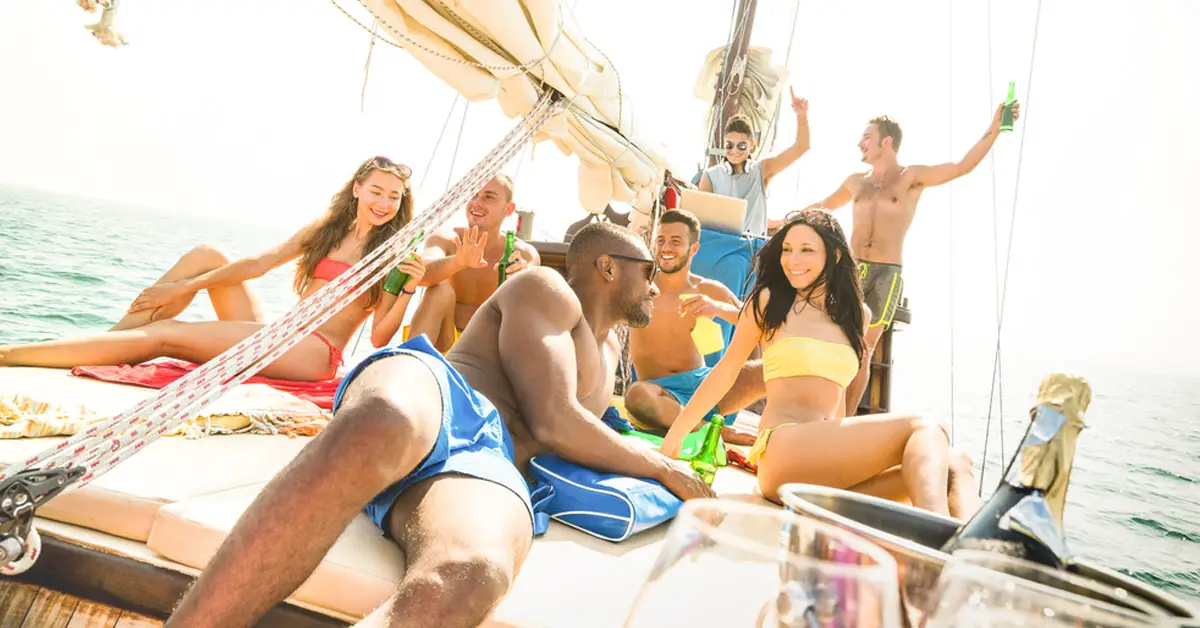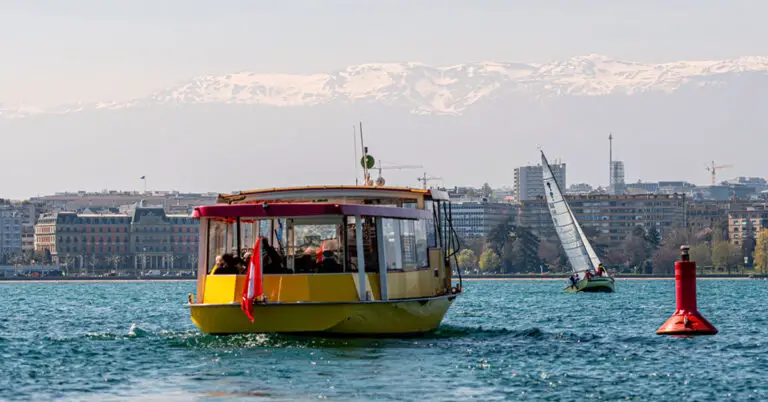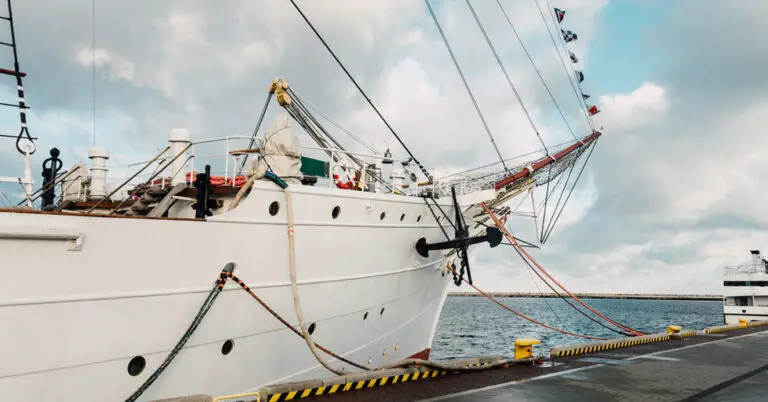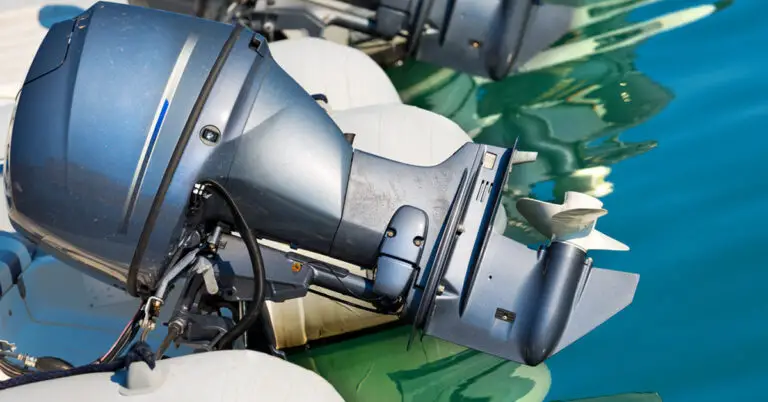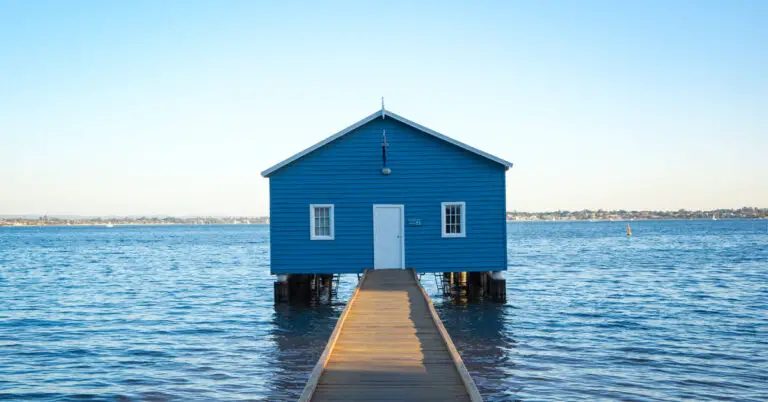Can You Drink on a Boat If You’re Not Driving? Navigating Alcohol Consumption Laws on Boats
Spending a day on a boat with friends or family can be a fun and relaxing way to enjoy the outdoors. However, if you plan on having a few drinks while on the boat, it’s important to know the laws surrounding alcohol consumption on the water. Many people wonder if they can drink on a boat if they’re not driving, and the answer is not as straightforward as you might think.
In most U.S. states, passengers can consume alcohol on a boat if they’re not operating it. However, laws vary widely depending on location, so it’s crucial to understand local and federal regulations to ensure legality and safety.
In this post, I’ll explore the rules and regulations around drinking on a boat and provide some tips for staying safe and legal while enjoying your time on the water.
Understanding BUI: Boating Under the Influence

Boating Under the Influence (BUI), analogous to Driving Under the Influence (DUI) on roads, refers to operating a boat while impaired by alcohol or other drugs. This offense is taken seriously due to its significant implications for boating safety.
Just as driving a car requires concentration, quick reflexes, and sound judgment, safely operating a boat demands the same, if not more, due to the unique and sometimes unpredictable conditions that exist on water.
Despite the relaxing atmosphere of boating, a BUI is a serious offense. Penalties can be severe, potentially including hefty fines, imprisonment, and the suspension or loss of boating privileges. Similar to road traffic laws, some jurisdictions also apply ‘implied consent laws to boating.
If you are suspected of being under the influence while operating a boat, you automatically consent to blood, breath, or urine testing. The specifics of BUI laws and penalties vary widely, so understanding the regulations applicable to your area is paramount.
Regional Differences in Boating Alcohol Laws
Alcohol laws related to boating can differ significantly across jurisdictions, reflecting regional variations in attitudes, cultures, and safety concerns.
For example, in most parts of the United States, it is permissible for passengers aboard a boat to consume alcohol even though the person operating the boat is subject to strict Blood Alcohol Concentration (BAC) limits, often akin to those applied to road vehicle drivers.
However, other states prohibit open containers of alcohol on board entirely, regardless of who consumes it.
Moving to Europe, the situation continues to diverge. In the United Kingdom, for instance, there is no specified legal BAC limit for recreational boaters, but operators can be prosecuted if impaired.
Similarly, in countries like Germany and the Netherlands, the BAC limits for boat operation are strict, aligning with their road traffic counterparts. Furthermore, in some regions, these laws extend to motorized boats and other watercraft, such as sailboats and canoes.
Hence, it is crucial for anyone planning to boat—whether they intend to consume alcohol or not—to familiarize themselves with the relevant laws of their locality or any areas they plan to visit.
Alcohol Consumption: Passenger vs. Operator
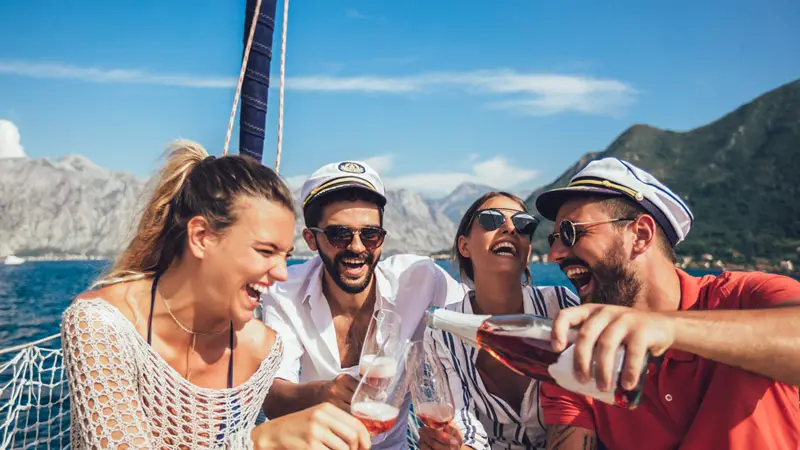
The distinction between the alcohol consumption regulations for passengers and operators on boats can be a complex matter, varying widely based on jurisdiction and type of vessel. As a general rule, operators are often held to the same or similar standards as drivers on land, as their actions directly influence the safety of everyone aboard. On the other hand, passengers usually face fewer restrictions, but their behavior can still have important implications for safety and legality.
- Operator Restrictions: Typically, boat operators are subject to Blood Alcohol Concentration (BAC) limits similar to those for drivers on land. They must fully control their faculties to navigate safely, avoid accidents, and respond effectively to emergencies.
- Passenger Consumption: Passengers are often allowed to consume alcohol freely, subject to the general laws of the jurisdiction and the vessel’s rules. However, excessive drinking can lead to dangerous situations, such as falls overboard, impacting the operator’s ability to safely control the vessel.
- Open Container Laws: Some jurisdictions have “open container” laws prohibiting alcoholic beverages on boats, regardless of who drinks. These laws may be enforced even if the boat is not operating, such as when it is moored or anchored.
- Implications for Safety: Regardless of the laws, excessive drinking on boats can lead to safety risks. Alcohol can affect balance and coordination, increasing the risk of falls and other accidents. It can also affect judgment, potentially leading to risky behavior.
- Local Laws and Regulations: It’s important to remember that laws vary widely. Always check the specific laws in your area or areas where you plan to boat.
Effects of Alcohol on Boating Safety
The consumption of alcohol, whether by the operator or passengers, introduces a variety of safety risks when on a boat. Alcohol has notable effects on balance, judgment, and reaction time, which are crucial to maintaining safety on the water.
Furthermore, the combination of sun, wind, and the boat’s motion can intensify the impact of alcohol, leading to a condition known as “boater’s fatigue,” which can significantly impair a person’s physical performance and cognitive ability.
- Balance and Coordination: Alcohol impairs a person’s balance and coordination, which are crucial on a moving boat. This can increase the risk of injuries, from minor falls to serious incidents like falling overboard.
- Judgment and Decision-Making: Alcohol can affect a person’s judgment, leading to riskier behaviors and poor decision-making. This can be particularly dangerous on the water, where situations change rapidly and require quick, sound decisions.
- Reaction Time: Alcohol slows reaction times, which can be critical in situations requiring a swift response to avoid accidents or respond to emergencies.
- Boater’s Fatigue: The combination of sun, wind, and boat motion can enhance the effects of alcohol, leading to faster intoxication and greater impairment. This can cause a condition called “boater’s fatigue,” significantly reducing physical performance and cognitive ability.
- Risk of Hypothermia: If a person falls overboard, alcohol lowers the body’s ability to maintain its core temperature, increasing the risk of hypothermia. Moreover, alcohol can cause confusion and disorientation, which could make self-rescue more difficult.
- Increased Likelihood of Accidents: Statistically, alcohol use is a significant factor in boating accidents. According to the U.S. Coast Guard, it’s the leading known contributing factor in fatal boating accidents.
Legal Consequences of Violating Boating Alcohol Laws

Violating boating alcohol laws can lead to serious legal repercussions, depending on the specifics of the local and federal regulations. These can include hefty fines, imprisonment, community service, mandatory education programs, and potentially even the suspension or loss of boating or driving privileges. Like its road counterpart, a Boating Under the Influence (BUI) conviction is a serious offense that can impact a person’s legal record.
The severity of the penalties typically depends on factors such as the individual’s blood alcohol concentration (BAC) at the time of the offense, whether any property damage or personal injury occurred, and the individual’s prior legal history, including any previous BUI or DUI convictions. It’s also important to note that in some jurisdictions, BUI laws extend to all types of watercraft, not just motorboats.
This means you could face a BUI charge for operating a sailboat, a paddle boat, or even a canoe while impaired. Due to the grave consequences of violating these laws, it’s imperative to understand and adhere to all relevant alcohol regulations when boating.
How Alcohol Limits Differ on Land and Sea
The laws regarding alcohol limits for operating vehicles on land and water vessels often bear similarities but can also possess significant differences. On land, most jurisdictions have established Blood Alcohol Concentration (BAC) limits for drivers, commonly set at 0.08% in many places, including the United States. Driving with a BAC at or above this limit is considered a crime and can result in penalties such as fines, license suspension, and even imprisonment.
However, the laws can be more varied when it comes to boating. In some areas, the BAC limits for operating a boat are identical to those for driving a car. But in others, the rules may be more lenient or stricter, depending on regional attitudes towards boating and alcohol and local safety concerns.
It’s also worth noting that in some jurisdictions, laws about alcohol consumption on boats extend beyond the operator to include passengers, something that doesn’t typically apply in the context of land vehicles. These differences underscore the importance of understanding local laws and regulations related to alcohol consumption in both terrestrial and aquatic settings.
Tips for Responsible Alcohol Consumption on Boats
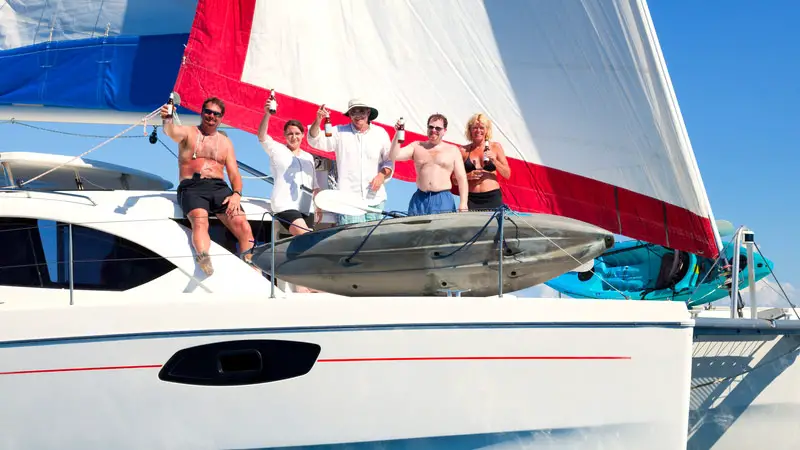
Preventing alcohol-related accidents on boats begins with awareness and responsible decision-making. It is vital for everyone on board—operators and passengers alike—to understand the potential risks associated with drinking while on the water.
Here are some strategies to prevent alcohol-related accidents:
- Designated Skipper: Much like a designated driver, a designated skipper stays sober to ensure safe navigation and operation of the boat.
- Limit Alcohol Consumption: If you choose to drink, do so in moderation. Understand how alcohol affects you, especially in the boating environment, where sun, wind, and motion can amplify the effects.
- Stay Hydrated and Protected: Drink plenty of water and use sunblock. Dehydration and sunburn can intensify the effects of alcohol and lead to dangerous situations.
- Life Jackets: Ensure all passengers wear life jackets. Alcohol can impair balance and increase the risk of falling overboard.
- Don’t Swim: Avoid swimming if you’ve been drinking. Alcohol can impair your swimming ability and increase the risk of drowning.
- Safety Equipment and Training: Equip your boat with necessary safety gear, such as fire extinguishers, first aid kits, and communication devices. In addition, consider obtaining boating safety training, which can help prepare you to handle emergencies.
- Understand Local Laws: Be aware of the local laws and regulations concerning alcohol use on boats. Penalties for violations can be severe.
- Avoid Boating at Night: If possible, avoid boating at night if alcohol has been consumed. Visibility is reduced, and navigation is more challenging after dark.
